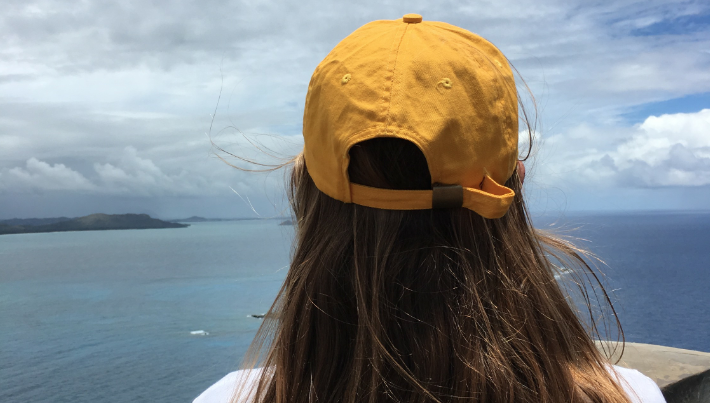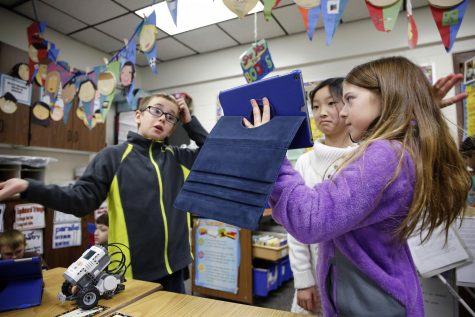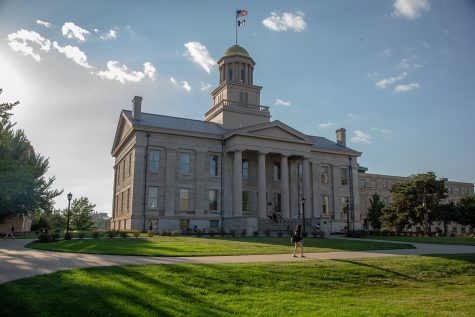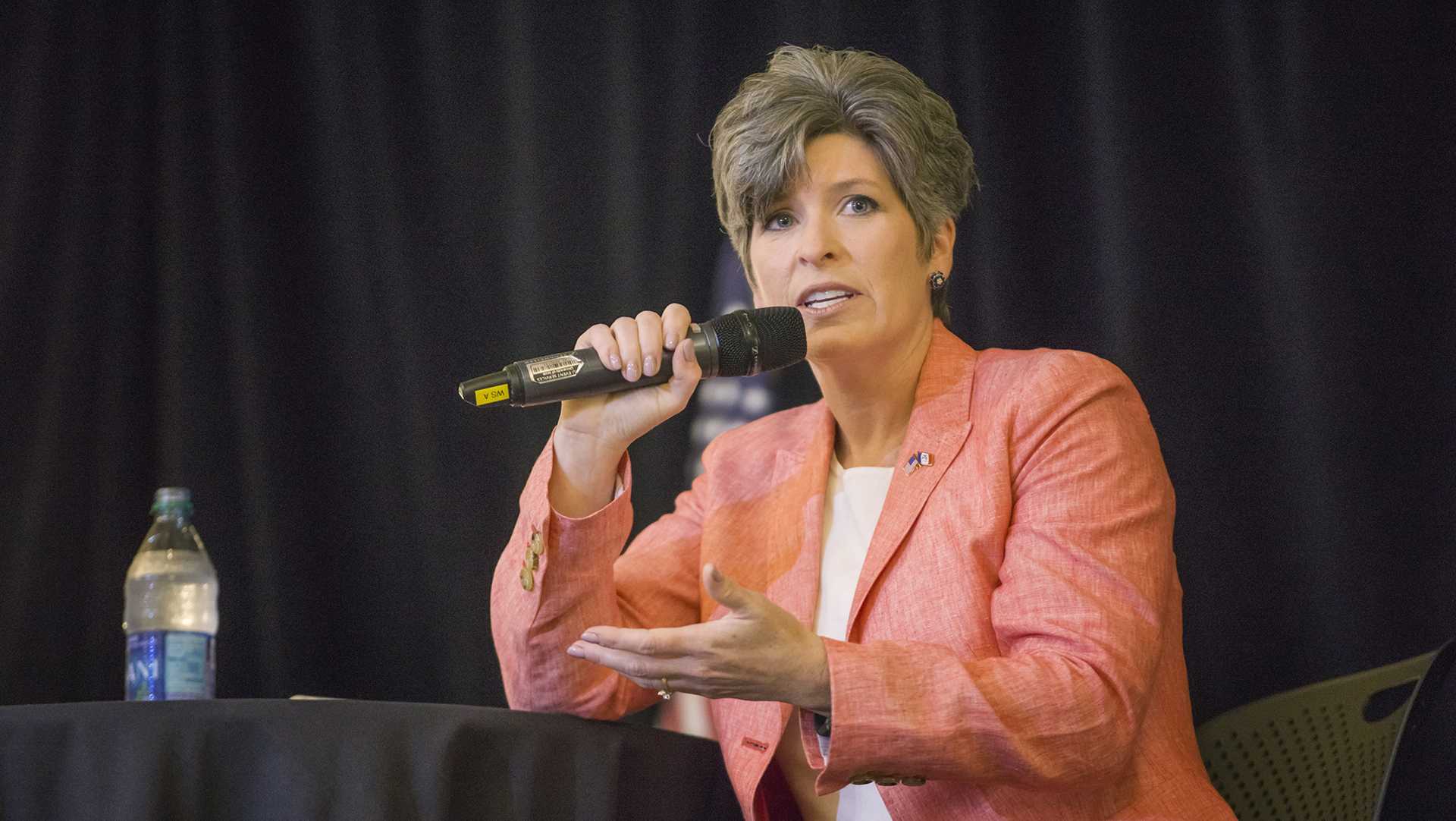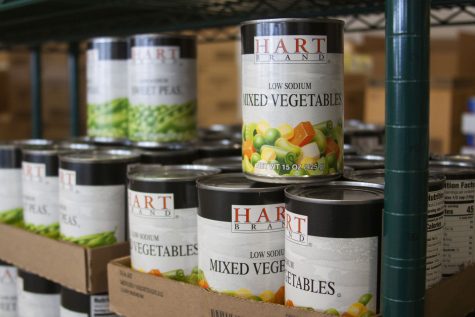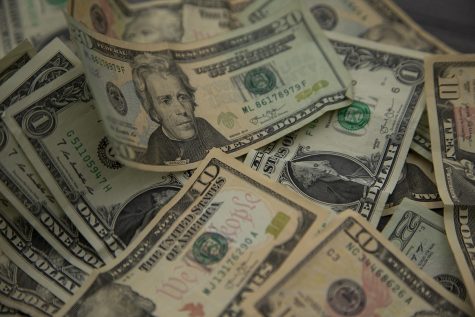Lotenschtein: Hawaii: Your misconceptions of the 50th state
Hawaii may seem like a desolate, perfect place. But the island state is not without problems that affect its residents.
February 18, 2019
I was born in Hawaii and lived there until I was 5 years old. I have visited numerous times as my father’s work demanded, and who wouldn’t want to tag along for the ride?
The palm trees swayed and the ocean breeze lightly tapped my shoulder while I dodged traffic in downtown Honolulu. An urban lifestyle surrounds the island of Oahu, and while the remaining islands of Maui, Kauai, Molokai, Hawaii (typically known as the Big Island), and Lanai remain more desolate, the denizens of these places are not without the technology the Mainland (the continental U.S.) uses today.
To summarize the many disgruntled assumptions of my peers, I am Hawaiian, have lived in a hut, danced the hula, played ukulele, and surfed. A majority of these assumptions are false — the only “island traits” I have are my mediocre ukulele skills and love for local food.
I am Haole, which means non-native Hawaiian, or white person in Hawaiian. While no one lives in huts, there are people who do dance the hula, play ukulele, and surf. These Native Hawaiian traditions have branched into the melting pot of culture on Hawaii. Meaning people who do not identify as Hawaiian can dance the hula, too.
The chain of island’s culture is a fascinating melting pot of Asian, Native Hawaiian, and American cultures. My biological aunts and uncles are few, but my Hawaii aunts and uncles are endless. Every friend of a parent, or older/middle-age person is called “auntie” or “uncle” instead of “Mr.” and “Ms.” as a form of addressing adults.
Every place is packaged into neat, little stereotypes, and I can understand Hawaii seeming perfect during an Iowa winter, or more recently, a polar-wind invasion.
Despite Hawaii’s beautiful terrain of culture and glamorous shores, it is not a place without poverty and sickness, environmental and economic issues. People thrive and fail and climb, but all do so in a place with an ecological palette more diverse than Iowa’s.
Education, along with having family in Iowa, was the primary reason my parents decided to make the journey to the Hawkeye State. According to Star Adviser, the public school system in Hawaii ranks below the national average.
RELATED: From Iowa to Israel: The search for my Jewish identity
Because of this, many children attend private school in Hawaii — but to do so is costly. Most families pay around $12,000 per year per child for education. Now, multiply that by four for my family. The only other options are to seek out public schools or perhaps homeschool.
Homelessness is a hardship that Hawaii has faced for years. While strolling along Waikiki, a section of Honolulu that is mostly filled with tourists, I noticed a gap between two buildings. And in this gap, there was shrubbery, and there was also a person, struggling to hide beneath the foliage. Startled, I jumped, and later felt ashamed of it because of his desperate attempt to sink farther back into the shrubs. I later learned from a Guardian report that homeless people had been banned from certain areas of the island, such as Waikiki.
According to Star Advertiser, Hawaii has the highest homeless population in the U.S. with a whopping 7,220 homeless people. I cannot speak for the homeless man I encountered, but I can assume that he would be a little more comfortable in the grass hut I despised being associated with.
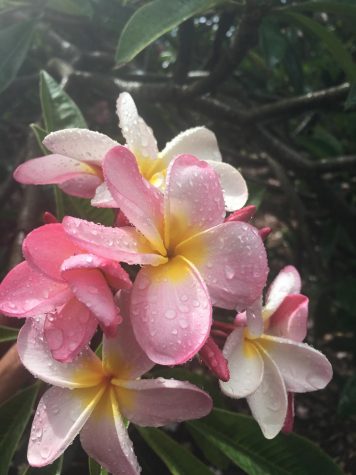
You cannot fully bask in a culture without glancing at its shadows, nor is it impossible to appreciate a place with zero flaws, because it would be imaginary. Life in Hawaii is real. I am from a large chain of islands that is sometimes challenging to point out on a map, but its effect on my life has stretched to the Midwest plains of Iowa. Iowa has allowed me a good, affordable education. Iowa has also handed me a childhood with grandparents and a life of character-building winters.
It’s not that Iowans or other Mainland states are completely obtuse about Hawaii’s culture. There are people who don’t even know that Iowa is a state, even during the caucuses. Every place is packaged into neat, little stereotypes, and I can understand Hawaii seeming perfect during an Iowa winter, or more recently, a polar-wind invasion. Even so, I look back toward Hawaii and continue to educate others about where I am from — the 50th state.



